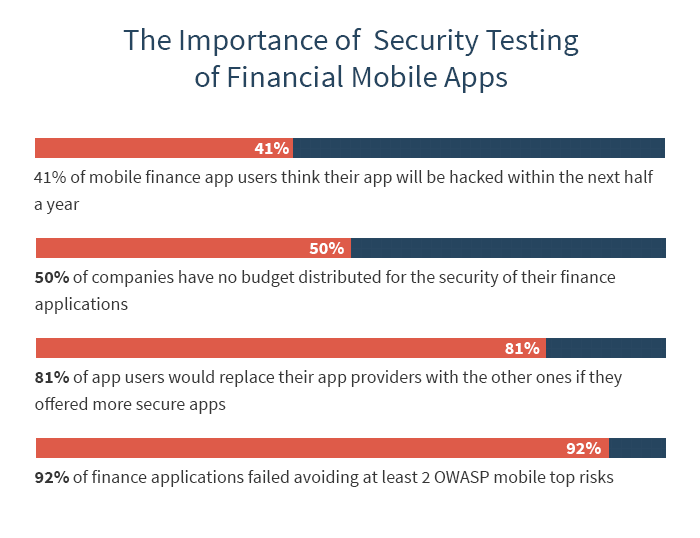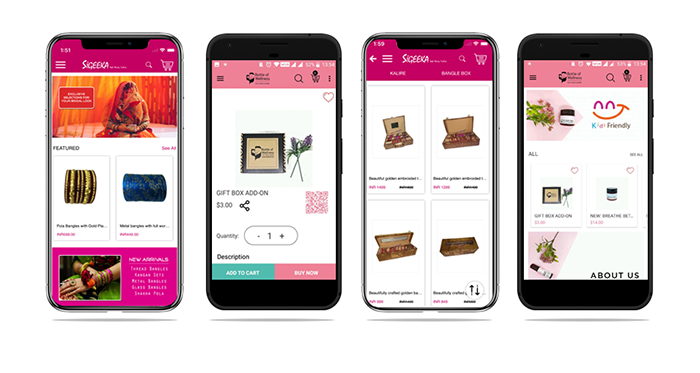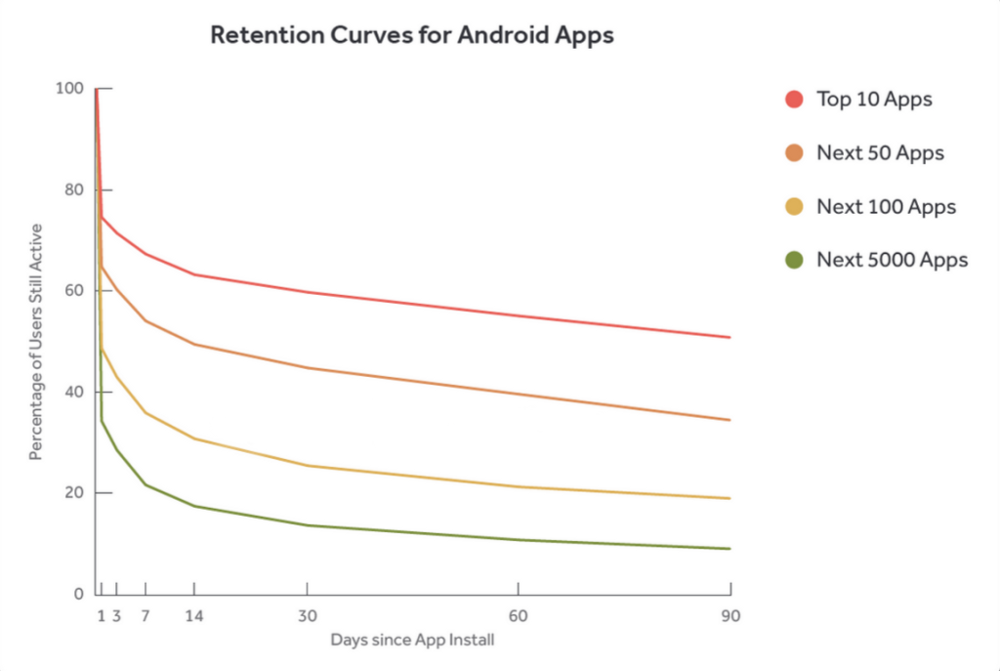Native vs Hybrid Mobile Apps: Pros & Cons
We shall study the pros & cons of native and hybrid mobile apps against the following features:
- Built-In Features: A native app has better and faster access to a device’s native features and inbuilt utilities such as camera, GPS, calendar whereas hybrid application struggles a bit. A hybrid application is designed to conform to all the requirements of different operating systems. It is not optimized to requirements of a particular platform.
- Speed: Hybrid applications are web applications (or web pages) in the native browser, such as UIWebView in iOS and WebView in Android (not Safari or Chrome). But, the native app runs as a standalone application (no web browser needed). Due to this dependency on a web browser, a hybrid application lag behind a native app.
- Responsiveness: Native apps are more responsive compared to hybrid apps since they follow the design pattern for unique platforms but hybrid apps are the same for all the platforms.
- Offline usage: Since Hybrid apps are dependent on a native browser they are unusable without internet connection in contrast native apps like media players, games, navigation works well offline.
- Security: Native apps are stored in an application store and the approval process stops bugging or harmful from being published. Whereas no such store exists for hybrid application.

Source: QArea
App Stores also provides good accessibility if a user wants to search for any particular app. Besides, before publishing the app you have the possibility to encrypt everything with standard tools, hide the implementation and so on.
6. Better UX standards: As I mentioned earlier the problem with a hybrid application is that even the most brilliant user experience architect cannot truly build an Android and iOS mobile apps that caters to the two dominant user types: iPhone users and Android users whereas Native app follows the specific UX/UI standards for creating Android or iOS apps, which allow users to easily understand the interface and navigation of the apps. Few examples of a native app by MageNative:

What Customers Prefer?
Users experience tops all the other features when it comes to mobile apps. A bad UX causes a significant loss of the company’s prestige. Customers delete your app and never download it again.
Talking android and iOS mobile apps, the number of downloads surely helps in analyzing the pros & cons of hybrid and native app. But, the key factor is user retention. And It’s a known secret in the mobile development community that mobile app retention is pretty low. According to TechCrunch, one in four mobile users only use an app once.

Source: Quettra
Native apps are far more superior when it comes to Speed and Responsiveness. And, therefore scores more in the user retention segment. Native applications have the best performance, highest security, and best user experience.
Talking about native Android and iOS apps a simple yet top-performing solution for your online store is MageNative App